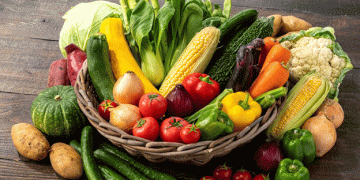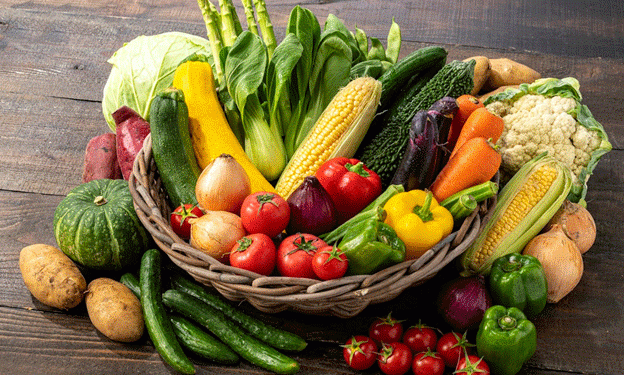Japan’s Ministry of Health, Labour and Welfare (MHLW) recently called on the country’s citizens to eat more vegetables, emphasizing the health benefits in reducing the risk of stroke and heart disease. However, this recommendation has been met with a wave of criticism and frustration online, as many Japanese people argue they simply cannot afford to buy enough vegetables. According to a recent report, Japanese daily vegetable intake has dropped significantly over the past five years, falling to around 262.2 grams per day for men and 250.6 grams per day for women—well below the MHLW’s recommended 350 grams per day.
The decline in vegetable consumption in Japan is attributed to several economic factors. Rising food prices, exacerbated by factors such as crop shortages and adverse weather conditions, have made it increasingly difficult for households to meet dietary recommendations. For example, the cost of vegetables like cabbage and tomatoes has soared due to supply constraints. In regions such as Kyushu, where sunlight shortages have affected crop yields, prices for cucumbers and peppers have also continued to rise. The Ministry of Agriculture, Forestry and Fisheries (MAFF) reported a 10% increase in vegetable prices over the past year, influenced by these climatic challenges.
The affordability issue is compounded by the high cost of living in Japan, where many people already struggle with housing, transportation, and healthcare expenses. A tweet from @nichinichibou highlighted this issue, garnering over 50,000 likes: “It’s because we can’t buy them even if we want to; they’re expensive…We know. We know!!! Healthy living has become a luxury. Most people can’t swing it economically, even if the desire’s there.” This sentiment was echoed by many others on social media, reflecting growing concerns about the economic barriers to healthy eating in Japan.
The MHLW’s call to increase vegetable consumption has prompted discussions about addressing these economic barriers. In response to rising food prices, the government has taken steps to support farmers and stabilize food prices through subsidies and promotional campaigns aimed at increasing domestic vegetable production. Additionally, there have been calls to lower healthcare fees, particularly for older citizens and low-income families, to alleviate the economic burden of maintaining a healthy diet.
Ironically, the same NHK News article that reported the decline in vegetable consumption also noted a significant rise in egg prices, exacerbated by the Avian flu outbreak late last year. The cost of eggs has been steadily climbing, reflecting broader food security challenges in Japan. In response, the government has pledged to boost domestic egg production and reduce reliance on imports, but these efforts are still in the early stages of implementation.
Japan’s struggle with vegetable consumption highlights a complex interplay between economic challenges, dietary habits, and public health policies. As food prices continue to rise and incomes remain stagnant for many, the government faces the challenge of ensuring that healthy eating is accessible to all citizens. Addressing this requires not only measures to stabilize food prices but also broader social and economic policies that support low-income households in making healthier dietary choices.































